- Date 2025-04-30
- Hit 2
Asia Pacific Economic Cooperation 2025
Incheon’s New Leap forward: ‘Connect, Innovate, Prosper’
In 2025, the Asia-Pacific Economic Cooperation (APEC) Summit will be held in Korea. This will mark the country’s second time hosting the event (previously held in 2005). I feel that everything looks different somehow when I think about the remarkable economic growth the country has achieved over the past two decades.
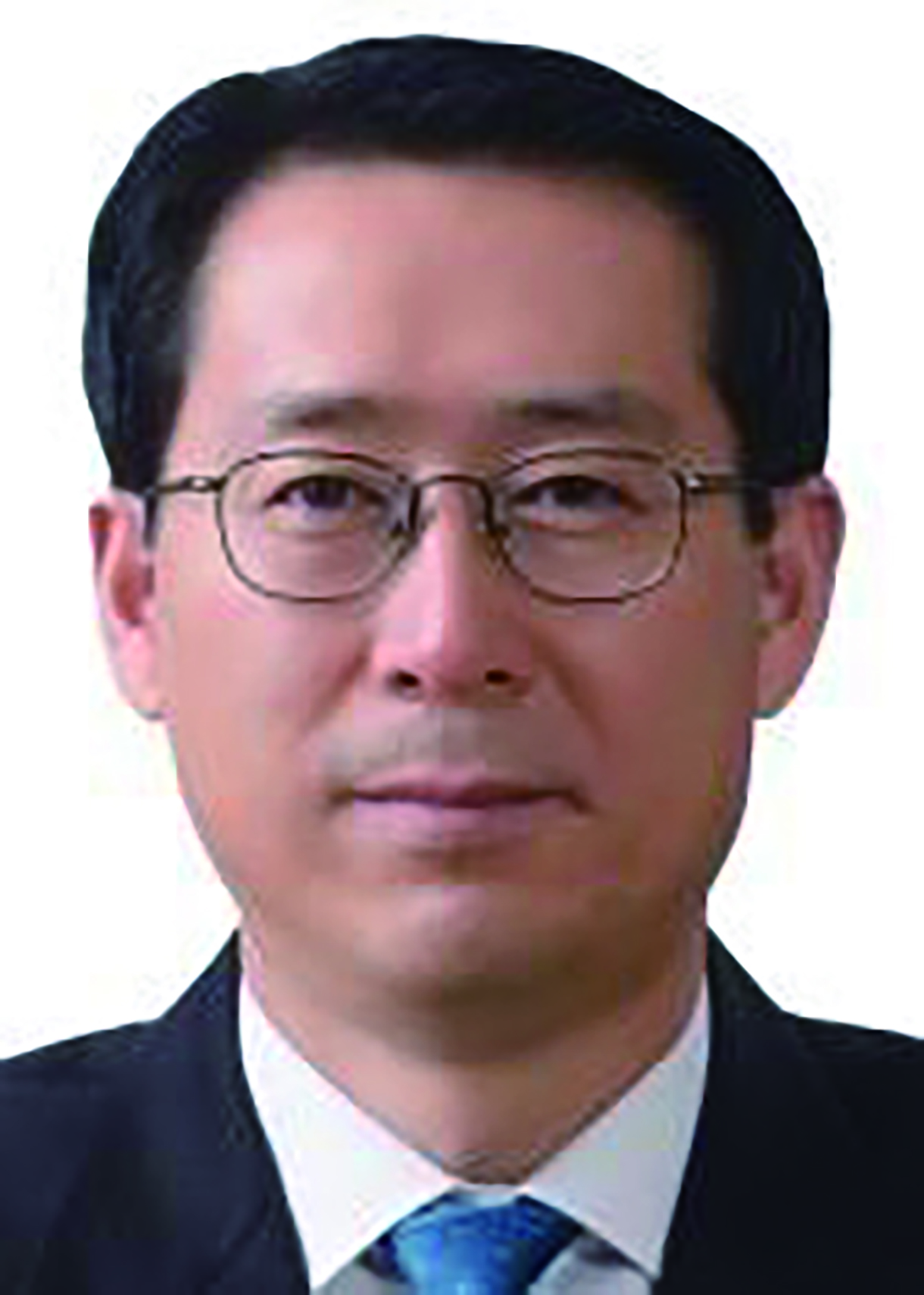
Written by Kim Young-shin
Director of International Cooperation Division, Incheon Metropolitan City
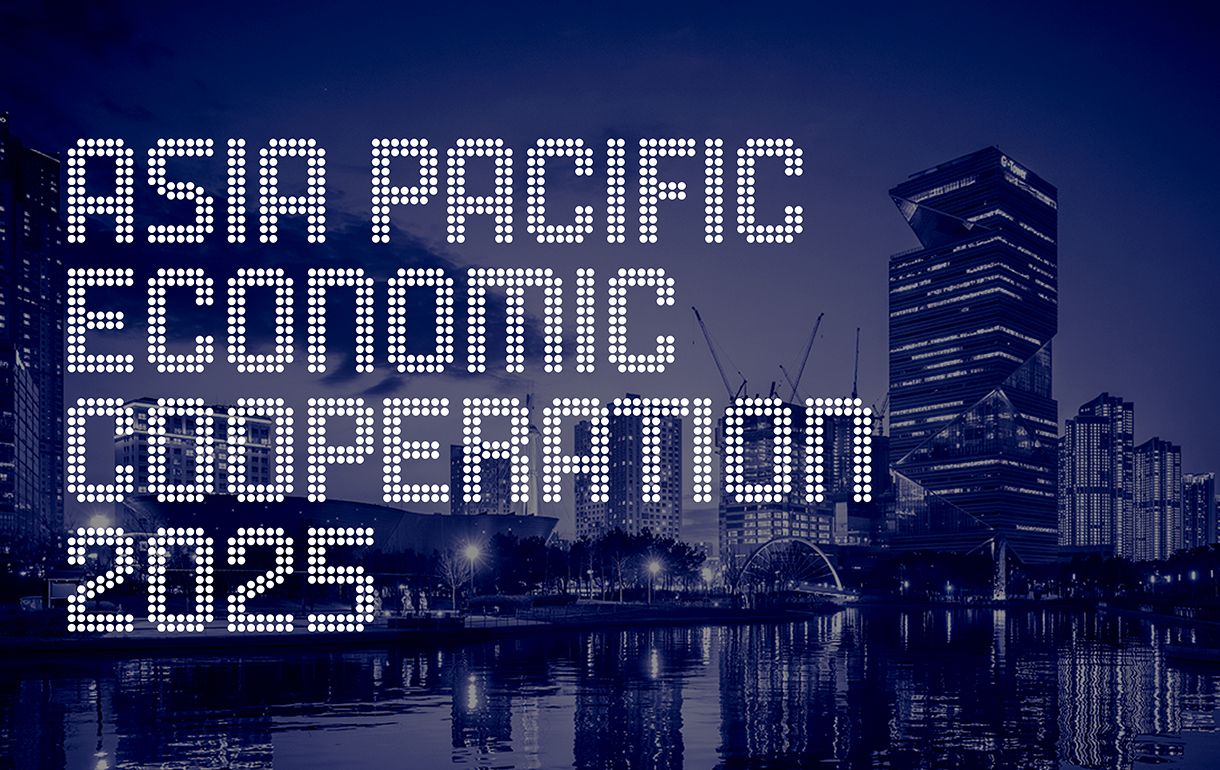
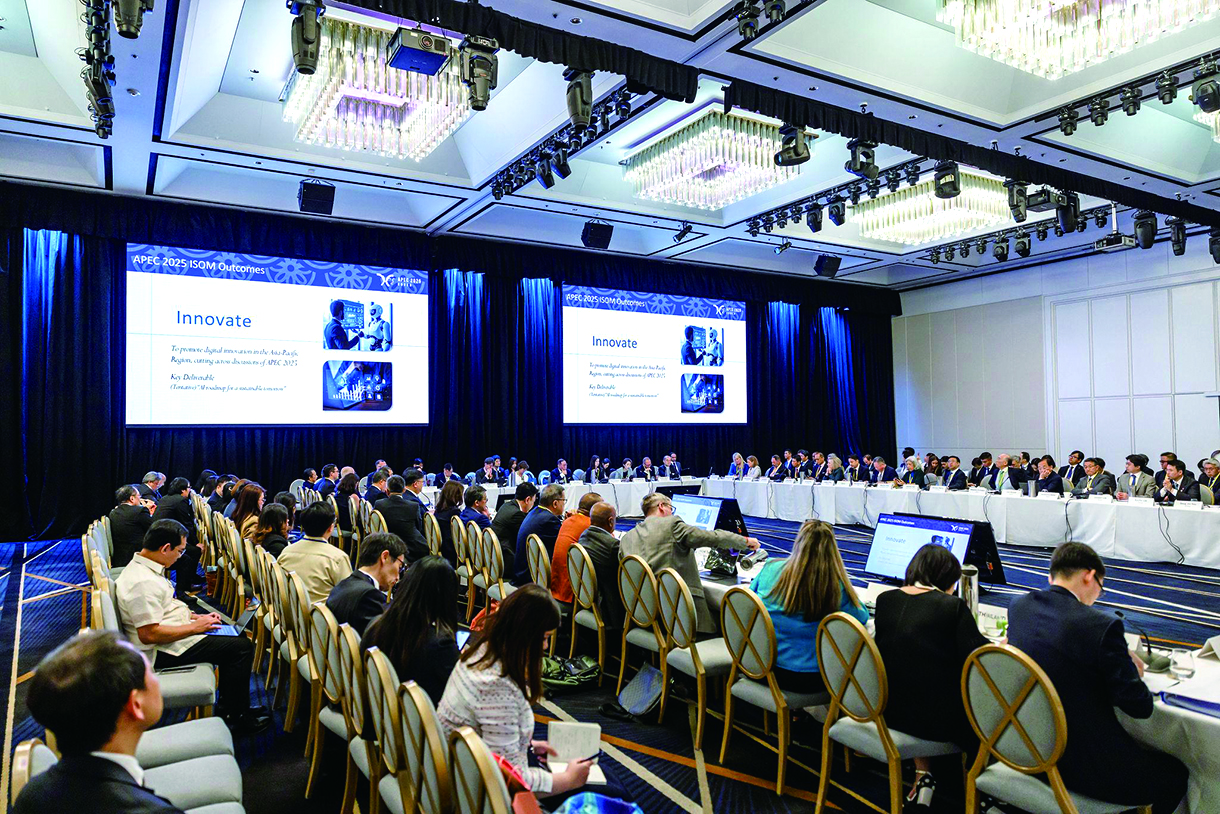
The 2025 APEC Summit Will Elevate Incheon’s International Brand Value
The first Senior Officials’ Meeting (SOM1), which was held in Gyeongju, Gyeongbuk, in March, proposed “Artificial Intelligence (AI) Cooperation” and “Response to Demographic Changes” as key agenda items for the APEC. This is very good news for Incheon, which has been leading the way in resolving Korea’s population crisis through its sustainable birth policies, such as the i+100 Million Dream, i+Home Dream, and i+Transportation Dream. Incheon will host the Third Senior Officials’ Meeting (SOM3), the main APEC meeting of the year, as well as six ministerial meetings. Considered a key prelude in determining the success of the APEC Summit, the SOM3 can be seen as a momentum-builder that will strengthen Incheon’s place in the international community.
Incheon, a City Connecting the World for a Sustainable Future
he APEC is a consultative body to facilitate economic growth and trade liberalization in the Asia-Pacific region. Founded in 1989 as a ministerial-level meeting of 12 members, including Korea, it has grown to become the world’s largest economic forum, now boasting 21 members. According to the statistics from “APEC at a Glance,” the APEC accounts for 38% of the world’s population and 48% of total trade. In terms of domestic trade, it accounts for 75% of exports and 68% of imports. Given that eight of Korea’s top 10 trading partners are members of the APEC, it is one of our largest trade and investment partners. The APEC has addressed a range of issues, including digital transformation and reshaping of the global supply chain, in addition to trade and investment, and it has chosen “Building a Sustainable Tomorrow” as its 2025 theme. The three pillars to achieve this goal are “Connect, Innovate, and Prosper,” which fall perfectly in line with Incheon’s vision. Since the opening of Jemulpo Port, Incheon has grown into a city that connects the world. It has become the center of Northeast Asia’s shipping routes by opening up the West Sea, while in the sky, it has become a hub connecting 178 cities in 54 countries through Incheon International Airport.
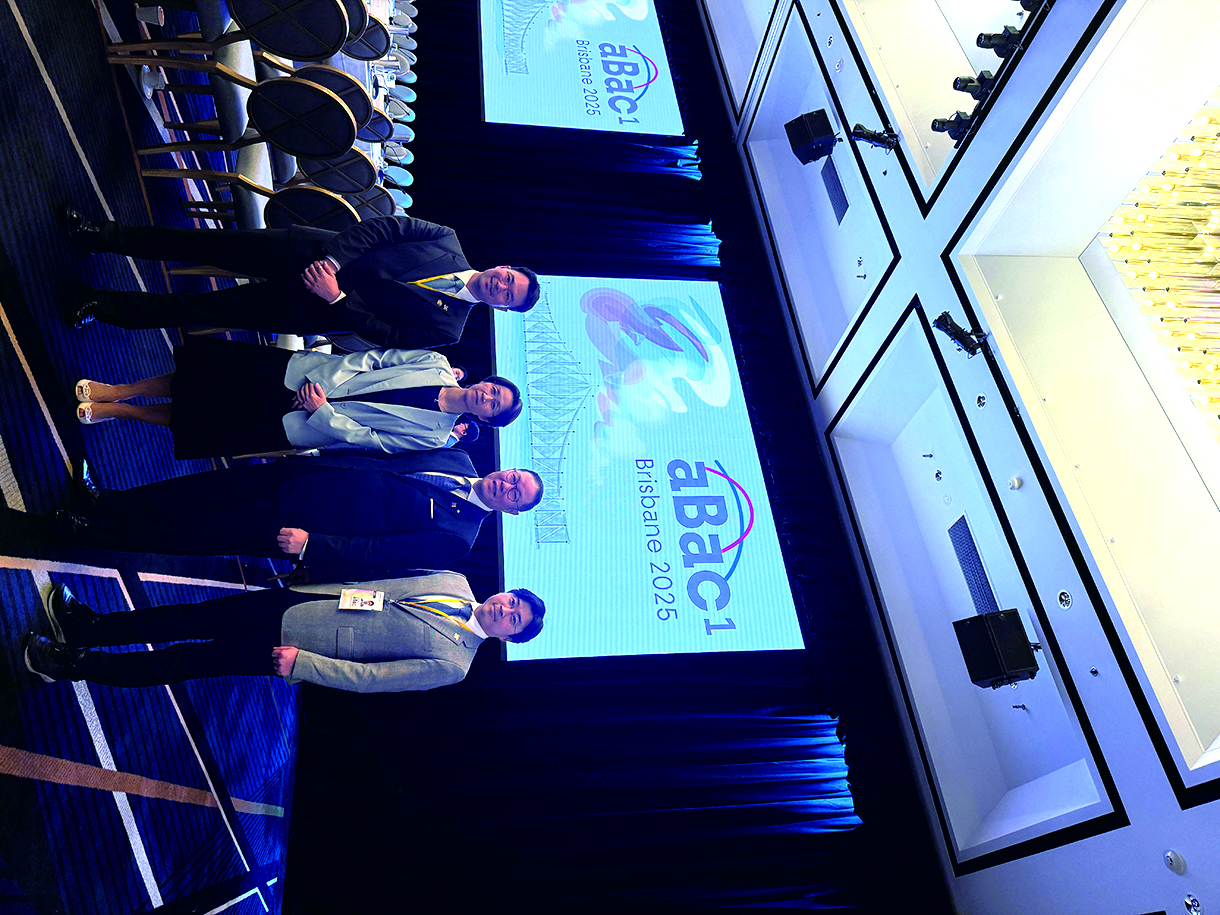
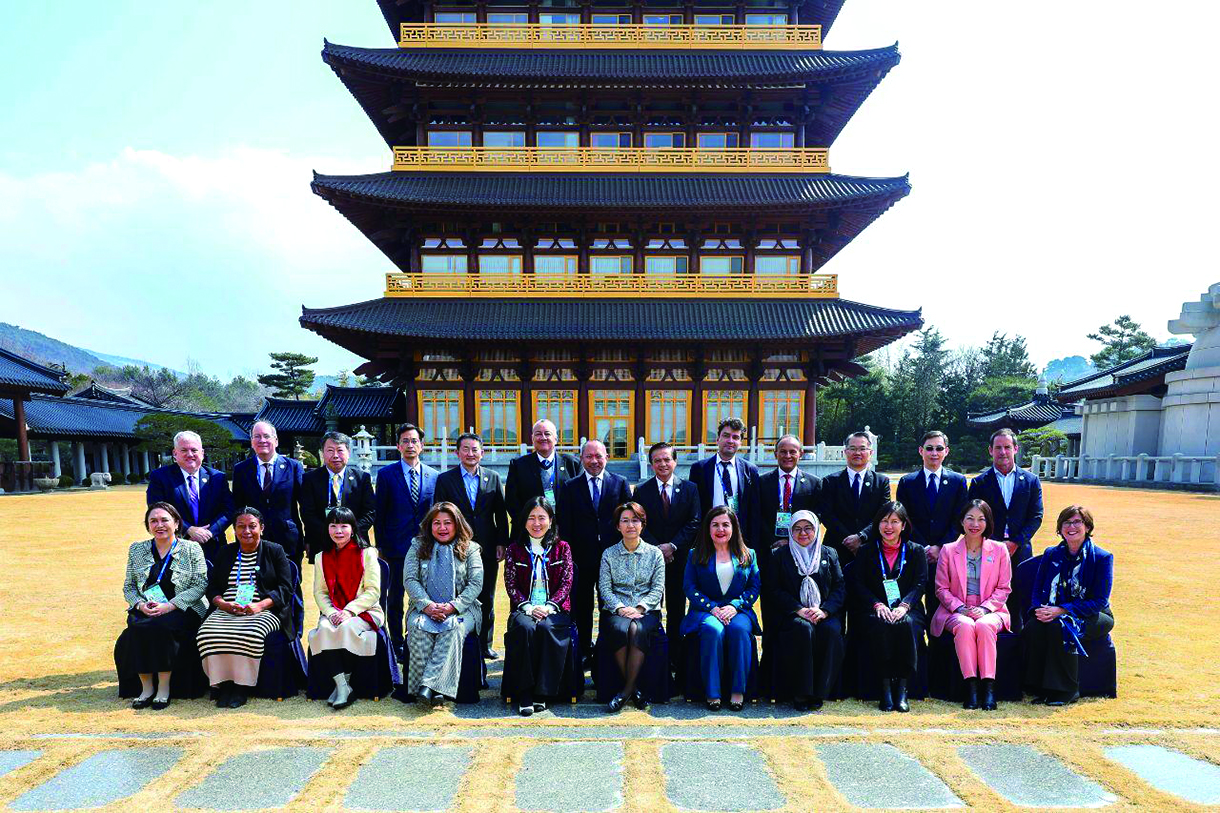
Incheon Carves Its Flamboyant History into a Vast Ocean and Tidal Flats
The first immigrants who left Incheon 123 years ago, forming a network of 7 million overseas Koreans, have returned to the arms of this city that aims to reach 10 million citizens and is home to the Overseas Koreans Agency. It also houses 15 international organizations, including the Green Climate Fund (GCF), and a bio cluster where global companies are located. These are all strong points that go toward achieving the APEC’s vision. Songdo International City, as a central gathering point, was built from essentially nothing some 30 years ago. Through reclamation projects, it has been transformed into Korea’s leading international city and a hub connecting global human and material resources. It embodies the history that Incheon has formed for itself. Inspired by such a can-do spirit, the Incheon Free Economic Zone (IFEZ) is now recognized as one of the world’s leading smart cities. The fact that 12 Incheon startups won innovation awards in AI (artificial intelligence) and digital health categories at CES 2025 is a testament to Incheon’s capabilities. The prosperity that Incheon has achieved and will continue to pursue reflects its commitment to making a better future for the next generations. In particular, crises like climate change, the population decline, and the COVID-19 pandemic must be addressed by the current generation. Incheon’s efforts to accelerate carbon neutrality and energy transition can also be seen as part of its commitment to achieve sustainable and inclusive growth. The APEC’s 2025 pillars of Connect, Innovate, and Prosper, coupled with Incheon’s infrastructure and networks, will provide a foundation for strengthening cooperation among members.
Incheon, South Korea, Set to Become a Top 10 Global City
Beginning in July, more than 5,000 guests from the Asia-Pacific region will visit Incheon. Combining the direct effects from accommodations and tourism spending and indirect effects from added value and job creation, the economic ripple effects of the APEC for Incheon are expected to reach KRW 41 billion. In addition to boosting the local economy, the intangible results of enhancing the value of the city brand and strengthening its status as one of the top 10 global cities are also valuable outcomes of hosting the APEC. Incheon’s excellent accommodation and conference infrastructure and experiences in hosting large-scale international conferences, such as the Annual Meeting of the Asian Development Bank (ADB) in 2023, will undoubtedly set the stage for the success of the APEC 2025. The opening of Jemulpo Port in 1883 marked the beginning of Korea’s modernization and industrialization. It was the first opening of its port in Incheon. The opening of Incheon International Airport in 2001 was the second such great leap, laying the foundation for the global era. Now it is time for Incheon to open the doors to the world with a third opening to become one of the top 10 global cities. Hopefully, Incheon, at the heart of Asia and the Pacific, will continue to open up new horizons for global cooperation.
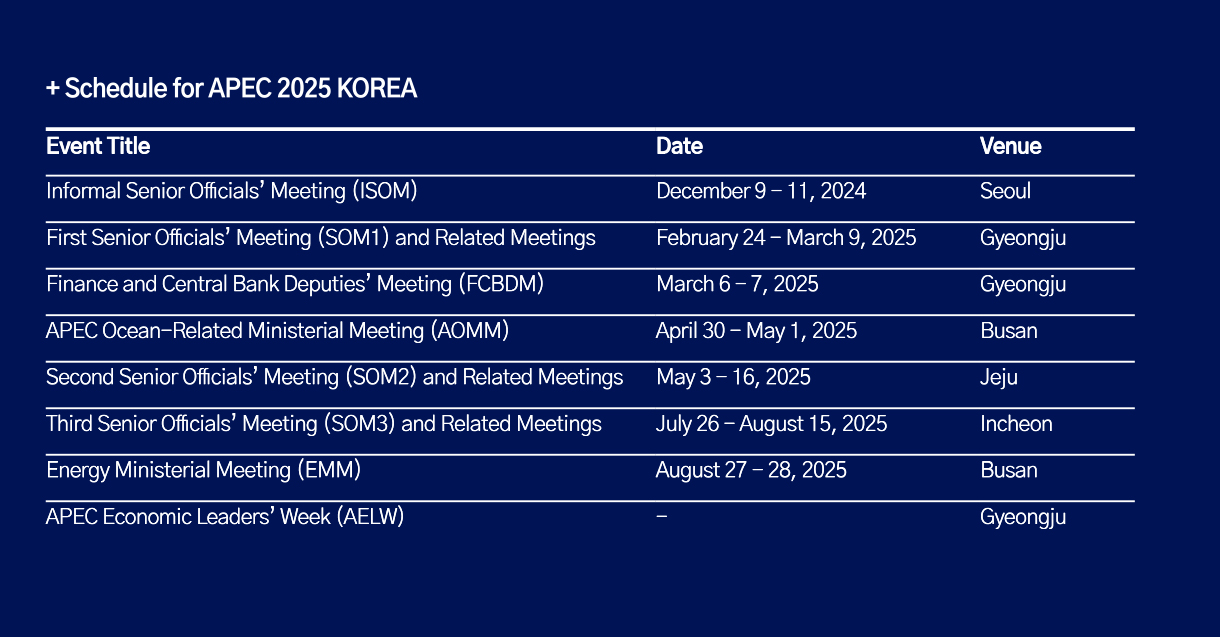
Most Viewed
-
Asia Pacific Economic Cooperation 2025 Incheon’s New Leap forward: ‘Connect, Innovate, Prosper’ In 2025, the Asia-Pacific Economic Cooperation (APEC) Summit will be held in Korea. This will mark the country’s second time hosting the event (previously held in 2005). I feel that everything looks different somehow when I think about the remarkable economic growth the country has achieved over the past two decades.
-